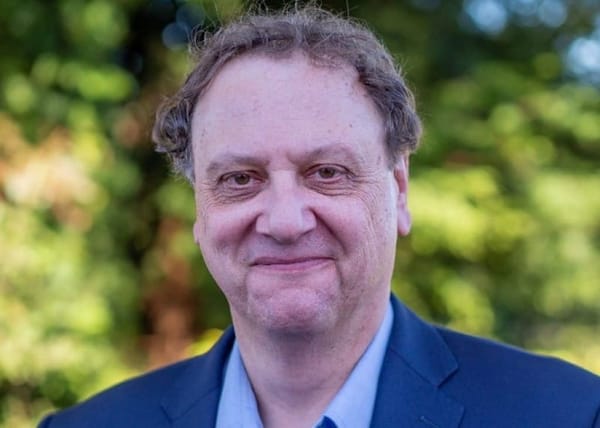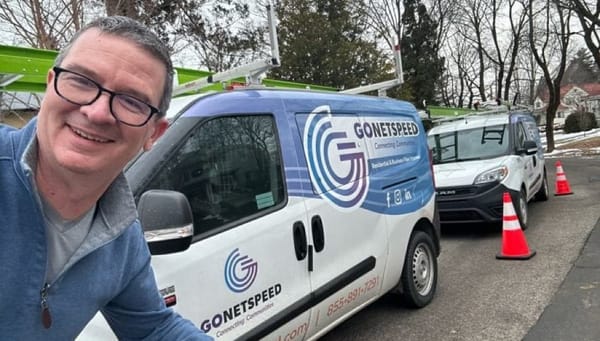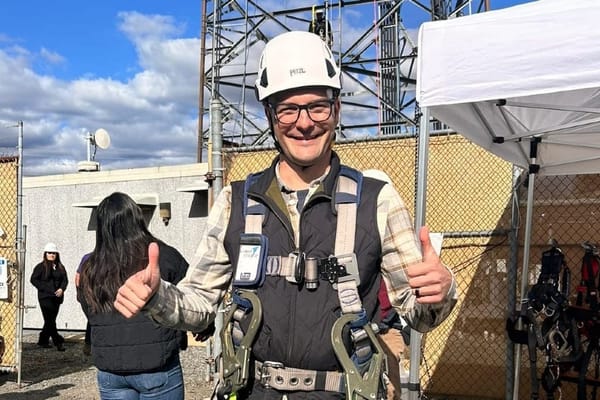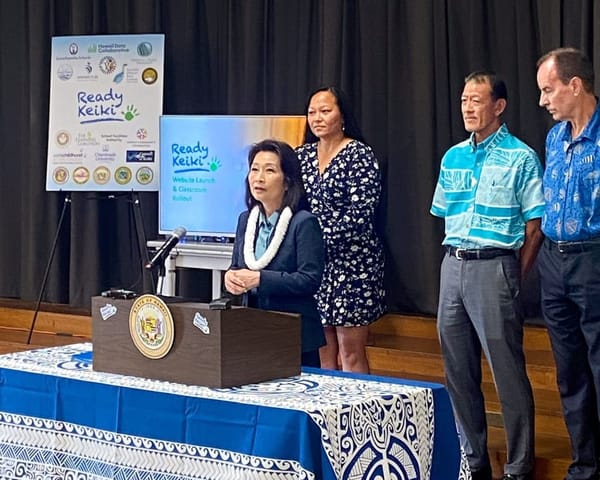USF and Intercarrier Compensation Complicate Broadband Plan
As the new Federal Communications Commission takes up the task of changing the Universal Service Fund, the task will be all the more complex because of the intrusion of broadband policy objectives and proposed changes to the contribution methodology, panelists said Wednesday.
As the new Federal Communications Commission takes up the task of changing the Universal Service Fund, the task will be all the more complex because of the intrusion of broadband policy objectives and proposed changes to the contribution methodology, panelists said Wednesday.
The new FCC will bring in more government involvement, according to Andy Regitsky, of Regitsky and Associates. In a webinar discussion hosted by CCMI on “The New FCC: Challenges and Opportunities,” he asked how the FCC will describe the availability of broadband.“Only two thirds of those with access to broadband make use of its availability. The question is why? Do we need to train people on how to take advantage of it, or what is the existing problem?”
Using a variety of models, Regitsky said that the FCC needs to act because voice over internet protocol calls are increasing, and that they do not pay access charges for terminating voice calls on the public switched telephone network. The problem is only growing, he said.
“Schemes to take advantage of rate arbitrage are on the increasing; such include phantom traffic and access pumping among others,” he said, adding that there is growing consensus in FCC on changes to inter-carrier compensation.







